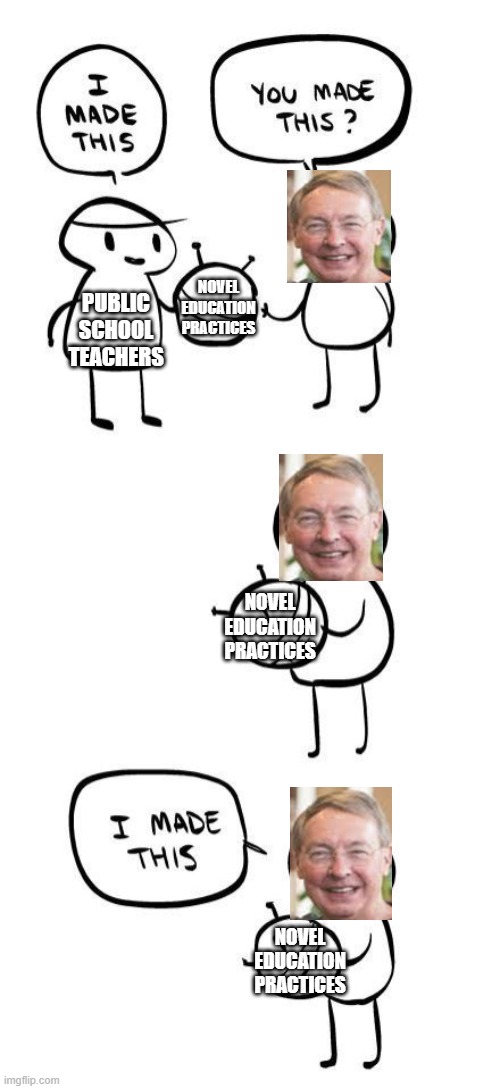Games are everywhere. Now I know that may seem obvious and kind of empty to say since games are the largest growing entertainment medium in this moment, but really think about that. We’ve got all sorts of game systems (which let’s be real are pretty as distinct as Pepsi and Coke) like the Xbox and Playstation, not to mention old fashioned PC gaming rigs. But more than this we see games on our phones. Games for entertainment –Among Us, Call of Duty, Minecraft. Games for daily routines – Habitica is an app that gamifies everyday activities to encourage habit forming and countless apps turn exercising into games with rewards for performance and effort. Games for learning languages – as DuoLingo likes to advertise, more people are learning a language with it than almost any other system. When we think about it, games have become one of the dominant modes of engaging with our social world.
Media theorist McKenzie Wark, in their 2007 book Gamer Theory, makes the argument that our social environment has become a ‘gamespace’ where so many of our social interactions are being gamified and that this has dramatic impacts on our lives, communities, education, politics, and pretty well everything (philosopher Steven Shaviro offers a good review here and you can access the original online conglomeration of Wark’s notes here). According to Wark, social life under capitalism has become a game where the political economic structure and algorithmic make up of our social medias has conditioned the way we experience ‘freedom’ and ‘choice’. Rather than fully autonomous, we are limited by structures that make our false choices – like a two-party political system, brand loyalties, or literally any interaction in a ‘market’ etc… – appear as ludic features rather than restraints.
I used to play many more games than I do now and I stuck mostly to real-time strategy games like Age of Empires or role-playing games like the older Elder Scrolls series and was considered a nerd in the more denigrating sense at the time. I haven’t found myself plugged into a lot of the new wave of games that are everywhere now (he tells himself despite name-dropping LOTS of games in this post and being way too into game and media theory), but certainly my DuoLingo buzzes at me all the time. Wark’s work makes me wonder not just about educational games and their use in the classroom, but also about what we as teachers will need to reckon with as games increasingly become one of the most prominent kinds of texts youth are engaging with. In particular, I wonder about the gamification of education in general. The messages that achieving badges or points for accomplishing particular educational tasks sends is that an institution beyond our democratic control has decided what counts as ‘right’ and that this is ok and in fact good. And we gobble it up for the endorphin rush of the reward. Well hell with that I don’t want Sal Khan to tell me what matters about history.
In the classroom I can see many potential uses for games. Games like Portal run on such sophisticated physics engines that any physics or maths class would benefit from exploring it as a multimedia entryway to different topics. By creating this kind of entryway to the more esoteric side of physics becomes concrete and material for students which is a very effective way to show the impacts it has on peoples lives, and what they can do with the knowledge. Likewise, there exist games that could be used in social sciences such as classic city builders and strategy games like Pharaoh. This said, we do need to be conscious of the ludonarrative dissonances and messages in games, that is, the way gameplay features and narrative combine (or diverge) to tell particular stories or serve particular social and political functions.
The most striking example of the video game as text that concerns me is Europa Universalis IV, an incredibly popular game that puts you in the place of (usually) a European power from the 15th through to the 19th centuries. This game turns the period of colonization into a condition of winning the game and while you can play as some Indigenous nations in the so-called Americas or other non-European nations, the bulk of the purpose is to colonize the world like Europe actually did. While its gameplay may provide potential students with insights into the challenge of managing trade over the centuries for a burgeoning nation-state, narratively, it condones a teleology of conquest and imperialism without engaging in questions of justice or how these forces continue to impact people today in the real world. Ditto all this for games like the Civilization series.
Games as text, in classrooms or outside of them, are not only changing the way we interact with each other, our communities, and political and economic institutions, they’re changing the way we learn about those things. By all means games can be useful entry points for topics from all subject areas, though it strikes me that they fit the STEM and English/Writing fields a bit more than other social sciences. Critical engagement with games as texts cannot be separated from games as learning tool, nor can we effectively separate it from games as a material commodity in the structure that makes them. One great use of them is to facilitate conversations exactly like I am having with myself now. Being so ubiquitous, how can we use games as texts and metatexts to talk about ongoing injustices and crises in our real world, while being cognizant about how they try to construct a particular reality for us to interpret. And all this is not even to mention the ways that games are being intentionally designed to extract ever more money from players. The free-to-play, pay-to-win (or at least for a massive in game advantage) model of phone games or games like Fortnite is there to target vulnerable young people and mercilessly suck out profits by creating addictions just like gambling does.
So I’ve gone off a lot on this topic, I just read William Gibson’s Neuromancer so maybe that’s why. Suffice it to say that games could be used for fascinating educational purposes. I love the idea of blowing something up in Minecraft and creating another device that can measure the force present there. I also love using games as texts for interrogation and critical inquiry about story and affect – such as in games like The Last of Us or indie darlings like The Stanley Parable and Firewatch. But the most paramount consideration when involving games in education is the shadow messages being instilled by ludic and narrative constraints. What options are foreclosed upon by the seemingly ‘free’ choices in a game? And how is our real-world becoming ever more ‘free’ in the same way?



